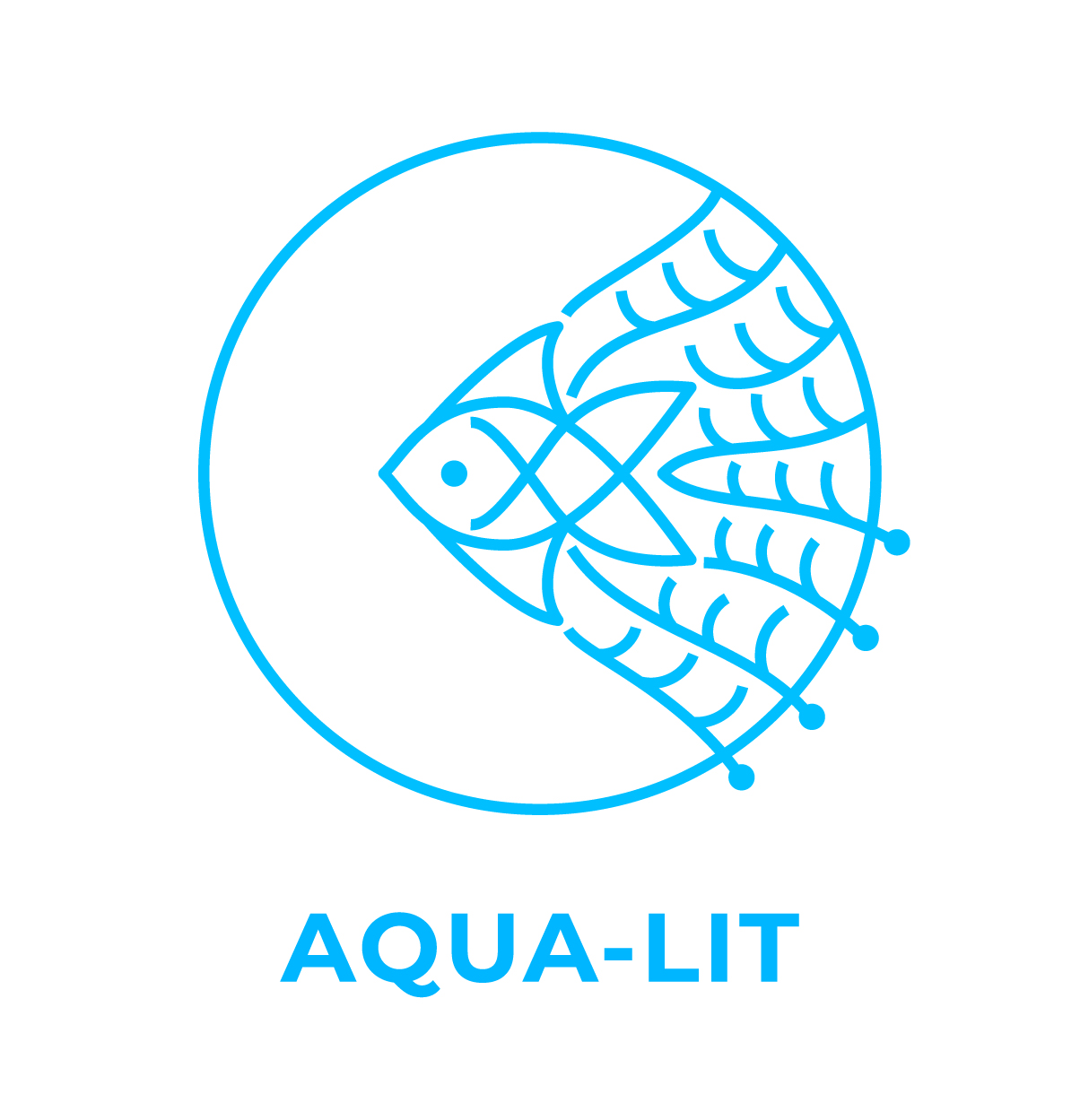Projects
This is a non-exhaustive selection from among our most recent projects, representing the various services we offer; along with a curated selection of our previous projects and involvements below.
Current projects
For further information please click on the respective project logo.
............................................................................................................................................................

WIN BIG
WIN-BIG addresses knowledge gaps on the role of women in the Blue Economy (BuE) across the EU. The project aims to provide a comprehensive dataset on gender across the BuE in all six EU sea basins (Atlantic, Mediterranean, Baltic, North, Arctic and Black Sea), and determine the skill gaps preventing women from entering or progressing on the blue career ladder. Additionally, WIN-BIG will be conducting capacity building for female professionals in three emergent sectors: blue bioeconomy, blue sports & sustainable tourism, and marine renewable energies & robotics. Learning labs, acceleration programs and a mentor network, coupled with cross-basin networking and job events aim to support women to break through existing barriers. WIN-BIG utilises innovative media formats to promote blue female role models, making blue careers flashier and more attractive for young girls and women professionals. WIN-BIG will culminate with a Roadmap for Capacity Building for Women in the EU in the Blue Economy.

COOL BLUE Nordic
COOL BLUE or “COmmunity Ocean farms and Local Business cLUstErs” contributes to the European Commission’s Mission Ocean by establishing networks of regenerative ocean farming (ROF) initiatives in three regions (Denmark: North Sea / Kattegat, Sweden: Kattegat / Baltic and Finland: Gulf of Bothnia). These networks will promote low-impact ocean farming and provide opportunities for young people, newcomers and commercial investment in the blue economy. Restoration and conservation of marine and coastal environments is at the core of COOL BLUE, which will enable the integration of activities and parallel projects into EU-wide ‘Blue Parks’. Overall, the COOL BLUE project aims to put people at the front and centre of ocean restoration efforts, building social acceptance while developing regenerative business models to ensure the economic longevity of those networks beyond the project lifetime. The COOL BLUE consortium comprises a cross-disciplinary team with expertise covering environmental monitoring, legislation, community-led local development (CLLD), social sciences, international project management, and business support.
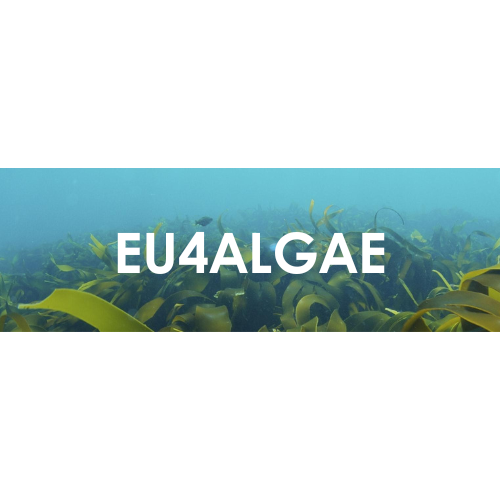
EU4ALGAE
EU4Algae Forum is the platform that enables algae interested parties, from all relevant public and private organizations, to jointly implement the EU Algae Initiative, while offering a forum to openly speak and discuss market driven breakthroughs for the sector. The main activities include ensuring continuity of EU4Algae stakeholders forum, bringing in more algae species to the EU market either as traditional or novel food, or as food supplements, establishing the EU4Algae stakeholders forum, improving governance and the regulatory framework, improving the business environment, and accelerating research, knowledge, innovation and development
The platform is a unique space for collaboration among European algae stakeholders, including algae farmers, producers, sellers, consumers, technology developers as well as business-support organisations, investors, public authorities, academia, researchers and NGOs. EU4Algae is directly connected to the main European algae initiatives from over 43 countries.
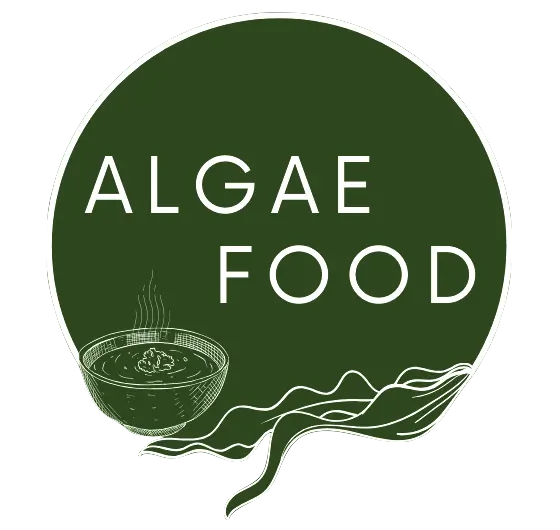
ALGAE FOOD
AlgaeFood project will establish algae in the regional food culture as part of a healthy and sustainable diet. The project will work on understanding how to use regional algae sustainably for nutritional purposes. It also aims at increasing awareness and acceptance of tasty algae foods and while educating and empowering people to cook with algae at home, at work and in schools.
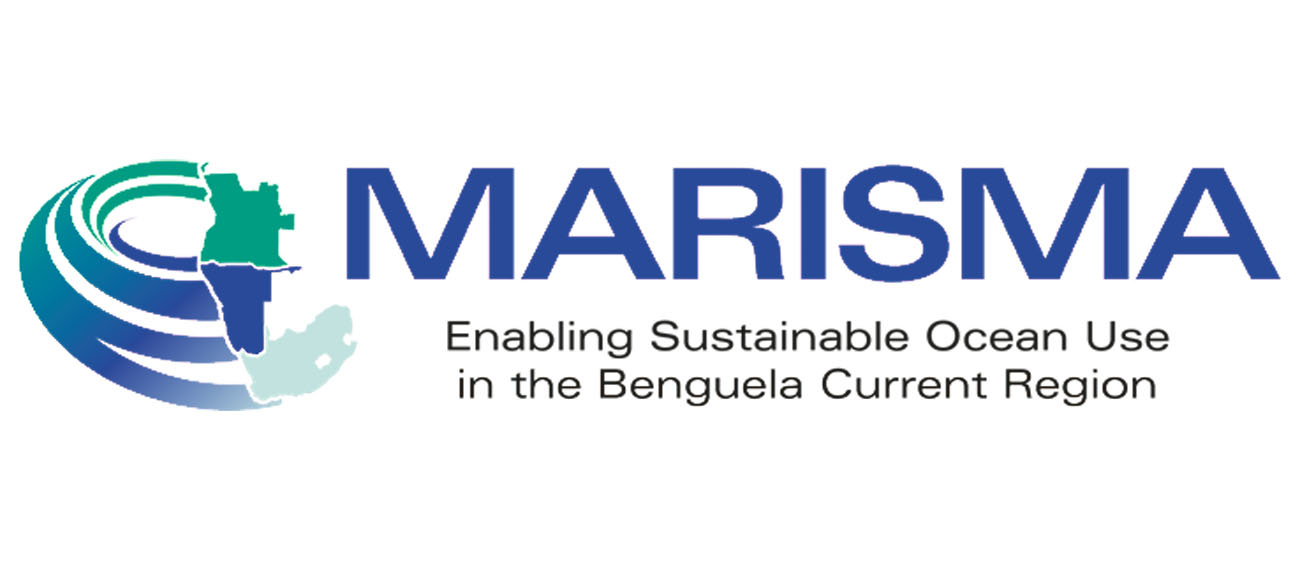
MARISMA
s.Pro provides technical expertise on MSP to support ongoing national MSP processes in South Africa, Namibia and Angola, as well as coordinated transnational efforts to ensure that MSP is institutionalised in the region. The Marine Spatial Management and Governance Programme (MARISMA) of the BCLME promotes sustainable ocean use in the Benguela Current, focusing on implementing Marine Spatial Planning (MSP). MSP is a process which guides when and where human activities occur in the ocean. It reveals spatial conflicts and synergies between uses, and it encourages the shared use of marine areas to benefit as many industries as possible.
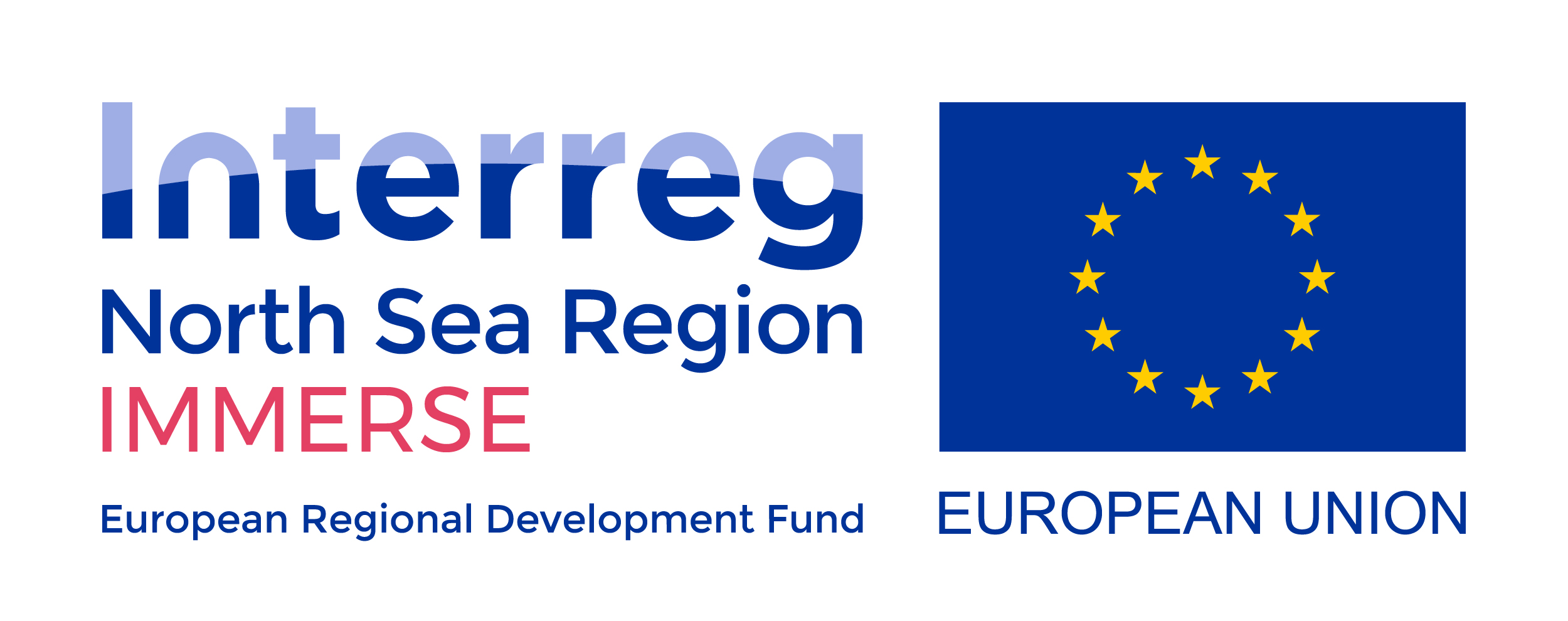
IMMERSE
As a follow-up to the TIDE project, s.Pro was contracted by the Flanders Ministry for Mobility and Public Works to develop the project application, which was successfully approved by the Interreg North Sea Region Programme in 2018. The project will advance management measure development to an implementation-ready phase.

MULTI-FRAME
The MULTI-FRAME project, approved by the Belmont Forum, Future Earth and JPI Oceans, gathers a multi-disciplinary partnership from 7 countries in four continents, to develop, test and optimize a generic framework for assessing the sustainability of ocean multi-use solutions. Research is based on a structured approach that builds on existing tools and methods used under marine spatial planning, strategic environmental assessment, ecosystem-based management and ecosystem services evaluation. The assessment framework will be developed and tested in six countries (France, Sweden, Mozambique, The United States, Brazil and Norway) across a range of geographic, environmental, and institutional contexts. The framework aims to help planners decide on the most optimal combination of uses, considering an equitable distribution of possible benefits, and avoiding, minimizing, or mitigating negative impacts.
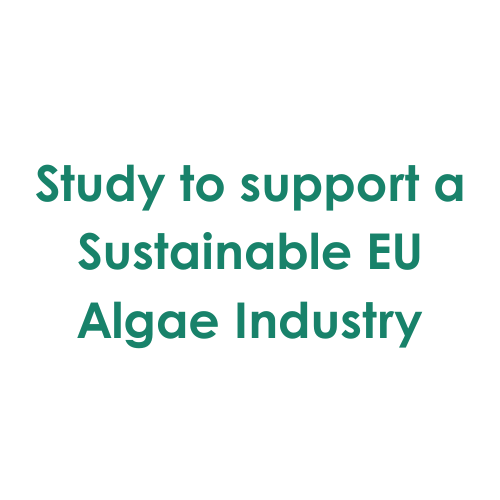
Study to support a Sustainable EU Algae Industry
In line with the EU Algae Initiative (2022), and building on the successes of EUAlgae (2022-2024), the new EU Algae Industry Study (2023-2025) will uncover the potential of algae as key potential player in tackling food security and providing climate change mitigation, by presenting the opportunity for investment and job creation in EU coastal communities and industry clusters, understanding the risks, and challenges facing the development of such a sector, and fill in knowledge gaps to overcome these.
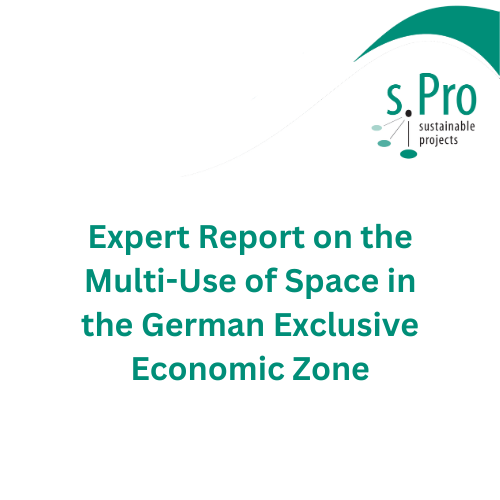
Expert Report on the Multi-Use of Space in the German Exclusive Economic Zone
The "Expert Report on the Multi-Use of Space in the German Exclusive Economic Zone" study, currently conducted on behalf of the German Government, explores innovative ways to combine offshore marine activities, like offshore renewable energies, aquaculture, and fishing in the same geographical space. The study predominantly takes a spatial approach, consulting on the next round of MSP planning in Germany. The study encompasses an examination of the existing projects on ocean multi-use in the EU region and contemporary policy frameworks of selected states that allow for ocean multi-use, as well as, a comprehensive analysis of spatial, environmental, and socio-economic factors to identify viable multi-use scenarios. It includes stakeholder consultations to ensure the proposed solutions align with the needs and expectations of various marine users, aiming for sustainable and efficient resource use in the German EEZ.
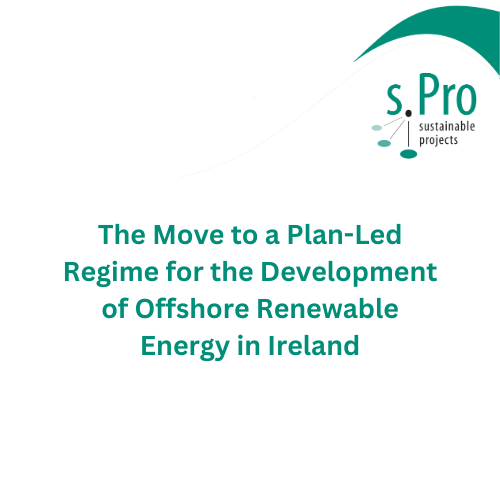
The Move to a Plan-Led Regime for the Development of Offshore Renewable Energy in Ireland
The study titled "The Move to a Plan-Led Regime for the Development of Offshore Renewable Energy" - conducted on behalf of the Irish Government - focussed on exploring the potential for harnessing Ireland's offshore renewable energy alongside other marine activities. It aimed to create a balanced approach to offshore renewable energy development, ensuring that the transition to a plan-led system also considered the multi-use potential of marine spaces. The study encompassed a comprehensive approach that included analyzing existing policy and legislative frameworks, stakeholder engagement, and developing digital tools to support decision-making. Through a structured methodology, the study advised the government in the creation of a robust planning process, enhanced grid transmission planning, and facilitated the multi-use of offshore renewable energies with other marine uses. This effort is critical for Ireland to meet its renewable energy targets and effectively contribute to Europe's clean energy needs.

ElbeXtreme
In ElbeXtreme, s.Pro will engage stakeholders at the Tidal Elbe (the stretch of the Elbe between Hamburg and the North Sea) to inform them of what the extensive German researcher network aims to do to model the effects of possible increasing weather extremes at the Elbe River and to explore together with stakeholders on what type of mitigation and adaptation measures are possible to be taken. It is a small but long-term engagement - starting with a three-year-long project. What is interesting for us is the fact that we will work with 'real' stakeholders, i.e. those who are affected directly by weather extremes at the Elbe. Hence, we can test and explore real multi-stakeholder engagement tools.
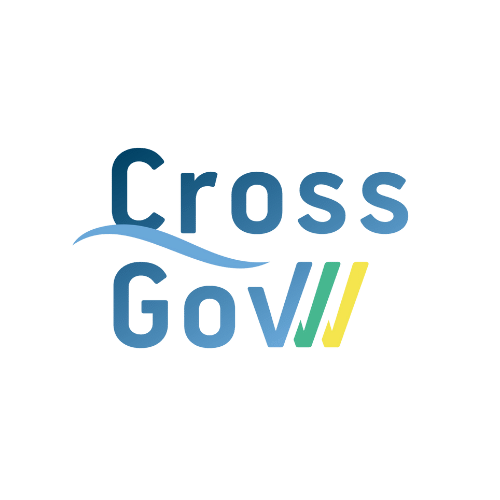
CrossGov
CrossGov’s core objective is to enhance knowledge on how coherence and cross-compliance of marine related policies and legislation affect the ability to realise the European Green Deal and Sustainable Blue Economy, and to co-create proposals and roadmaps for more consistent and integrated approaches towards this end. The analyses and proposals will be conducted in the context of the multilevel governance system encompassing various sectors, composed by global and regional international frameworks, the EU and the European coastal states with their different national arrangements. The project addresses governance in three European marine regions: the North Sea, the Baltic Sea, and the Mediterranean Sea. The core strength of CrossGov is the close collaboration with the policymaking community and the production of co-created knowledge and solutions through innovative, web-based and fit-for purpose roadmaps and methodological guidelines. This will enable policymakers to effectively foster environmentally sustainable law and governance that is fit-for-purpose for delivering the societal transformation called for in the Green Deal.
Previous projects
For further information please click on the respective project logo.
............................................................................................................................................................

European Maritime Spatial Planning Platform
s.Pro is the lead partner in the European-wide consortium implementing the European Commission’s Assistance Mechanism for Maritime Spatial Planning, known as the European MSP Platform. s.Pro provides overall coordination and oversight of all EU MSP Platform activities, including technical studies, knowledge and experience exchanges, and conferences and events, as well as serving as as the Baltic Sea Focal Point.
The European Maritime Spatial Planning Platform -
A service for Member States to share relevant knowledge and experiences on Maritime Spatial Planning.
The European MSP Platform is an information and communication gateway designed to offer support to all EU Member States in their efforts to implement Maritime Spatial Planning (MSP) in the years to come. With the adoption of the EU Directive on Maritime Spatial Planning (2014/89/EU), all coastal EU Member States are required to prepare cross-sectoral maritime spatial plans by 2021.
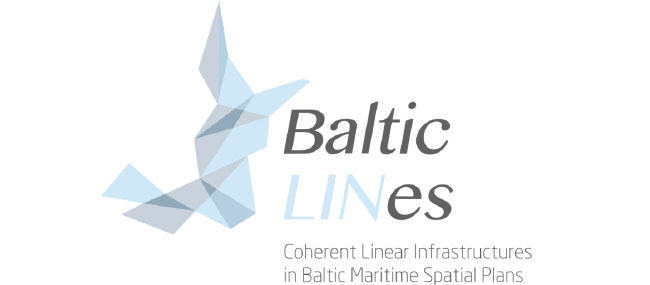
BalticLINes
s.Pro works in close cooperation with the German Federal Maritime and Hydrographic Agency to successfully develop the project application to the Interreg Baltic Sea Region Programme. s.Pro currently supports all project partners by serving as the External Project Coordination Office. In this role, s.Pro provides administrative and financial management, together with project overall coordination. Baltic LINes aims to develop Baltic Sea planning solutions for shipping routes and energy transmission corridors. These are to be incorporated into the respective national maritime spatial plans. It ensures the harmonisation of cross-border plan¬ning and the efficient transnational use of the Baltic Sea. In order to accomplish this goal, a consultation process with na tional and transnational stakeholder bodies is conducted in the course of the project. The project partners are also estab¬ishing joint planning criteria, analysing data and conducting coordination processes. A Baltic Sea-wide information tool is being developed as a result, helping the planning authorities establish the most suitable basic parameters for „blue growth“.
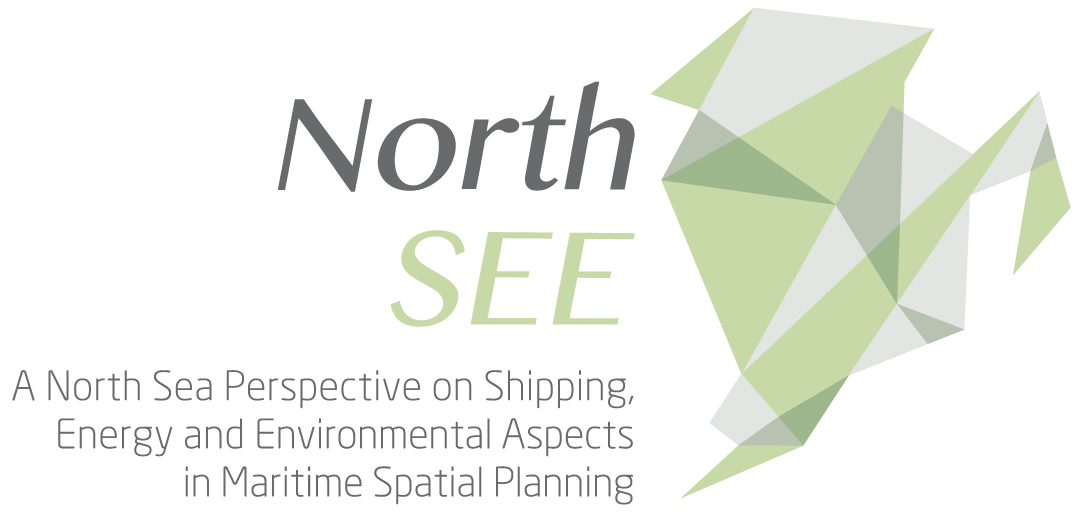
NorthSEE
The NorthSEE project is the first project on Maritime Spatial Planning in the North Sea region. In the project, the MSP authorities of the different North Sea countries, as well as several research institutes, work together with the goal to increase the coherence between the different Maritime Spatial Plans, as well as the planning processes.
s.Pro has, on request of the German Federal Maritime and Hydrographic Agency (BSH), written the project application for the project, which has been approved in the summer of 2016. Also in the implementation phase of the project, s.Pro plays an active role. It acts as the project management, making sure that the projects objectives are met and the reporting, both on content and finances, is organised the most effective way. Furthermore, s.Pro is responsible for the internal and external communication, for example by developing flyers, newsletters, infographics and other communication material and organising the process of disseminating findings.
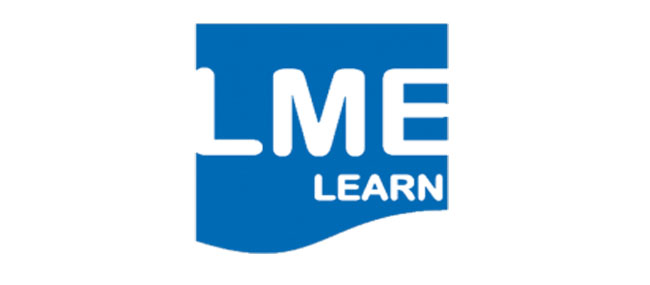
LME LEARN
s.Pro developed the MSP Toolkit to support managers in Large Marine Ecosystems (LMEs) worldwide with the design and implementation of transboundary MSP, as part of the GEF LME: LEARN Project (Large Marine Ecosystems: Learning Exchange and Resource Network), implemented by UNDP and executed by IOC-UNESCO. The LME: LEARN project is designed to improve global ecosystem-based governance of LMEs and their coasts. The project will achieve this through a multiplier effect using demonstrations of learning tools and toolboxes, to aid practitioners and other key stakeholders, in conducting and learning from GEF projects
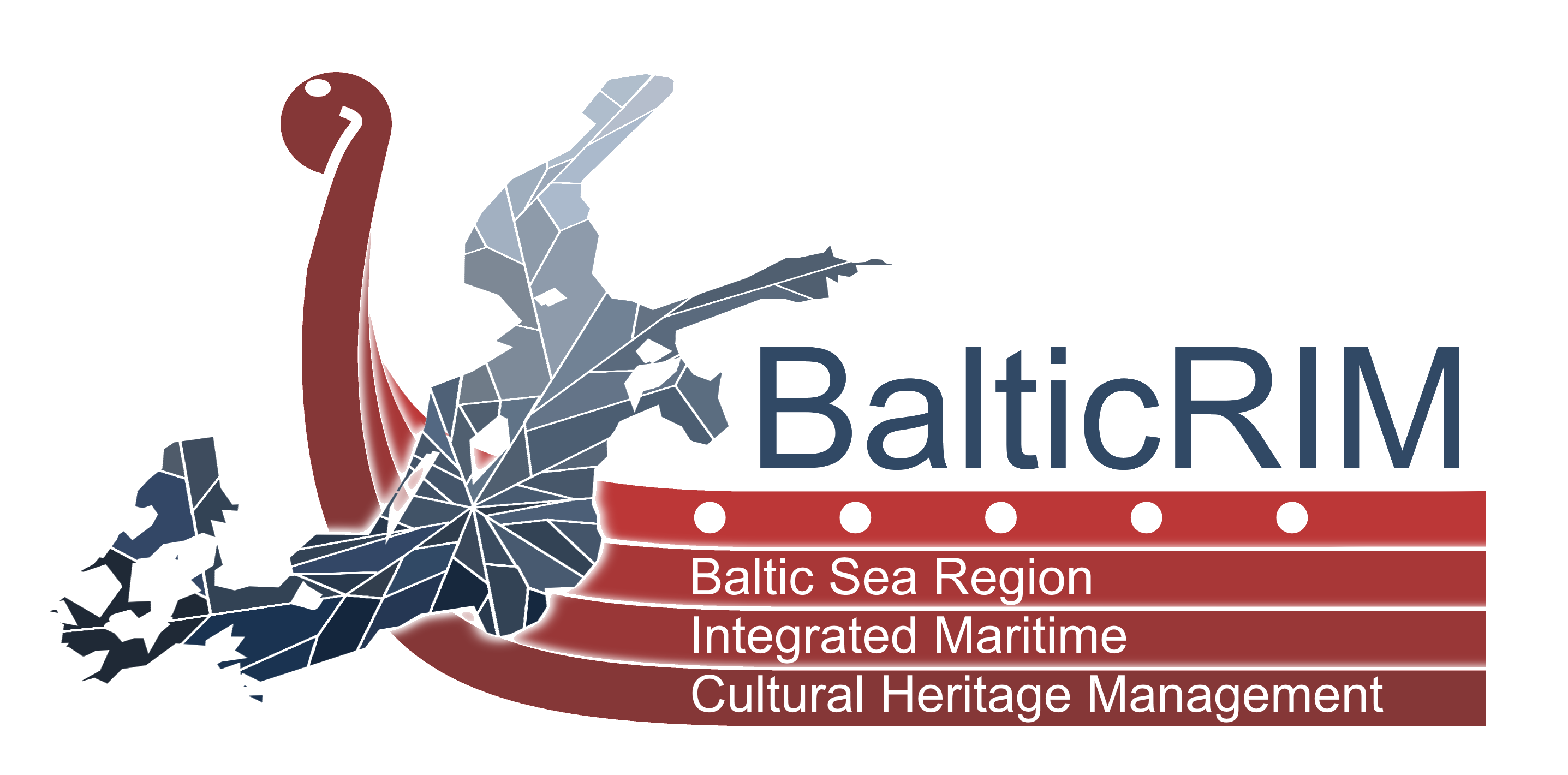
BalticRIM
s.Pro works in close cooperation with the State Archaeological Department of Schleswig-Holstein to successfully develop the project application to the Interreg Baltic Sea Region Programme. s.Pro currently supports all project partners by serving as the External Project Coordination Office. In this role, s.Pro provides administrative and financial management, together with project overall coordination and external communication.
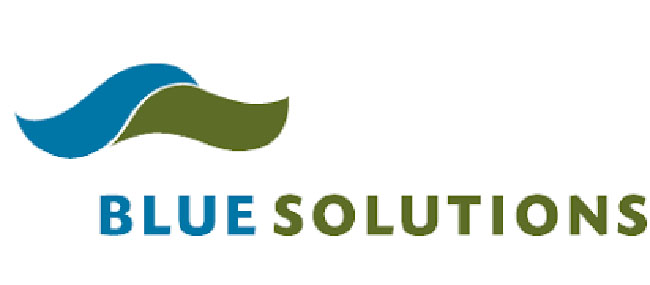
Blue Planning
s.Pro’s experts are among the trainer pool available to conduct Blue Planning trainings, which were developed by the Blue Solutions project to build global capacity for MSP. s.Pro has conducted trainings for participants coming from the Caspian Sea and the Southern Mediterranean and adapts the training course according to the needs of the client, adding own MSP knowledge. The training includes ecosystem-based marine and coastal spatial planning and management using the case method and offering exercises based on real life conditions and challenges. Blue Planning in Practice is part of the Blue Solutions' capacity development activities provided by the GIZ (Deutsche Gesellschaft für Internationale Zusammenarbeit). The training includes ecosystem-based marine and coastal spatial planning and management using the case method and offering exercises based on real life conditions and challenges.
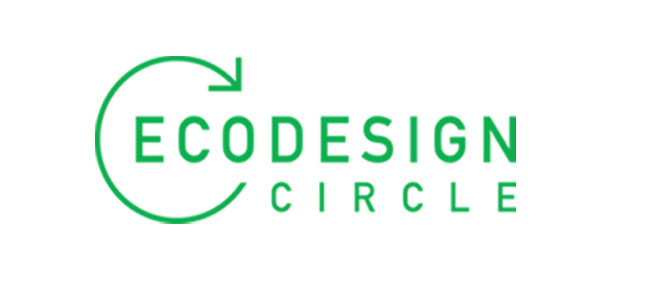
EcoDesign Circle
Some 80% of a product’s environmental footprint is determined in the design stage. In view of this fact, “ecodesign” as an integrated approach can make a huge contribution to our transition from a linear to a circular economic model. The project has four central aims:
- To enhance the capability of SMEs to make use of ecodesign
- To increase the capacity of designers in the environmental dimension of design
- To improve the Baltic Sea Region-wide cooperation between design centres, promoting ecodesign "Made in the Baltic Sea Region"
- To facilitate the development of new products and create jobs for tomorrow's markets

BEA-APP
As the external project manager, s.Pro is responsible for the overall management of BEA-APP to make sure activities run smoothly and outputs are delivered on time. In the project "Baltic Energy Areas – A Planning Perspective" (BEA-APP) 11 partners from eight countries around the Baltic Sea cooperate to support the transition towards low-carbon energy systems.
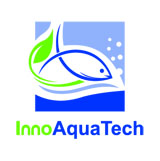
InnoAquaTech
As the external project manager, s.Pro works closely with the Lead Partner in project management and administration, making sure activities run smoothly and outputs are delivered on time. To gain hands-on experience in innovative recirculating aquaculture systems (RAS), four pilot projects were launched as part of InnoAquaTech. Each pilot focuses on a specfic technology in RAS and is implemented in a South Baltic Sea region.

Smart Blue Regions
s.Pro works in close cooperation with the Ministry of Economic Affairs, Transport, Employment, Technology and Tourism Schleswig-Holstein to successfully develop the project application to the Interreg Baltic Sea Region Programme. s.Pro currently supports all project partners by serving as the External Project Coordination Office. In this role, s.Pro provides administrative and financial management, together with project overall coordination and external communication. Smart Blue Regions seeks to enhance blue growth opportunities based on increased capacity of Baltic Sea Regions to implement Research and Innovation Strategies for Smart Specialisation (RIS3)

Partiseapate
The ambition of the PartiSEApate project was to develop a pan-Baltic approach to the topics whose spatial dimension goes over the national borders (i.e. nature protection areas, grid connections, shipping lanes).s.Pro is the author of the MSP Governance Framework Report which provides recommendations for the design of a transboundary structure for MSP within the Baltic Sea Region. s.Pro has been responsible for the coordination of the overall project development process. s.Pro ran the External Project Coordination Office (EPCO) for the PartiSEApate project and supported all 15 project partners in the implementation of the project. More specifically, s.Pro was responsible for the administrative and financial management as well the communication activities of the overall project.

MUSES
The aim of the MUSES project (Multi-Use in European Seas) was to explore the opportunities for Multi-Use in European Seas across all EU sea basins. The project was designed to examine the challenges of developing Multi-Uses of ocean space from a number of perspectives and geographic scales, and provide a comprehensive understanding of environmental, spatial, economic and societal benefits of co-location of offshore and near-shore activities. The Submariner Network (founded and managed by s.Pro) has led the development of the MUSES Ocean Multi-Use Action Plan that addresses inappropriate regulatory, operational, environmental, health and safety, societal and legal barriers to multi-use development. This was a stakeholder driven process involving crucial actors from different sectors, and geographic scales (national, sea basin and EU wide), covering all EU sea basins. Please refer to the project website for the MUSES Action Plan as well as multiple interesting reports showing the results of multi-scale analysis of various types of multi-use, including 10 case studies and sea basin comparison report.
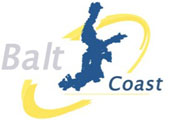
BaltCoast
The INTERREG III B BSR BaltCoast project originated from the 5th Conference of Ministers Responsible for Spatial Planning and Development in the Baltic Sea Region and was a part of the “VASAB 2010 Spatial Development Action Programme”. s.Pro was responsible for Overall project management (activity and financial). s.Pro's Managing Director, Angela Schultz-Zehden, was also responsible for the preparation of 'BALTCOAST – Recommendatons on the role of spatial planning in Integrated Coastal Zone Management'.
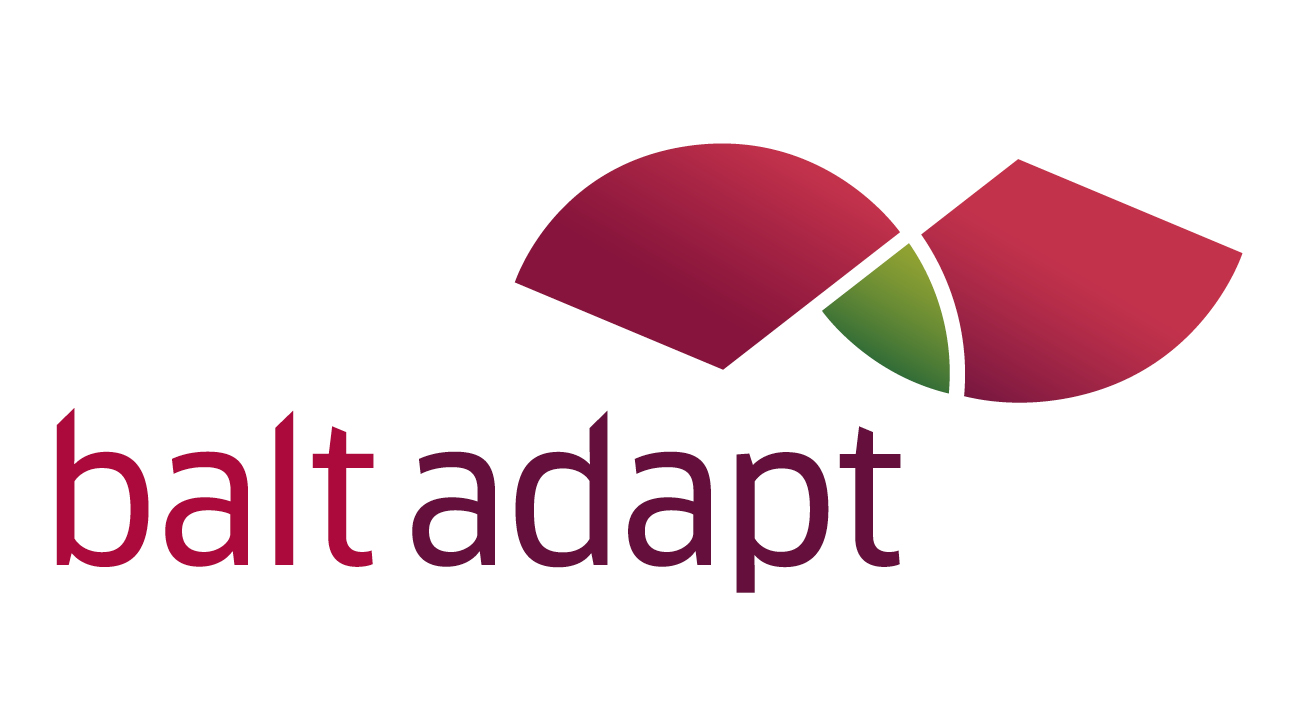
BaltAdapt
Baltadapt developed a BSR-wide climate change adaptation strategy. This truly transnational strategy focuses on the sea itself and its coastline. While it is understood that such a strategy cannot be adopted by Baltadapt, the strategy has prepared the ground for a political endorsement. Complementing this main output, the project achieved the following results: Improved knowledge base: A knowledge brokerage process between political decision makers and researchers leading to improved institutional capacity. A new Baltic Sea Region subsection in the European climate change adaptation portal Climate-ADAPT was established as a hub for decision makers from the Baltic Sea Region. Action plan promoting the implementation of the Baltadapt strategy by proposing recommended actions and guidelines for climate change adaptation in the Baltic Sea Region. In close cooperation with the client and the lead partner, s.Pro was responsible for the coordination and management of the overall project development process.
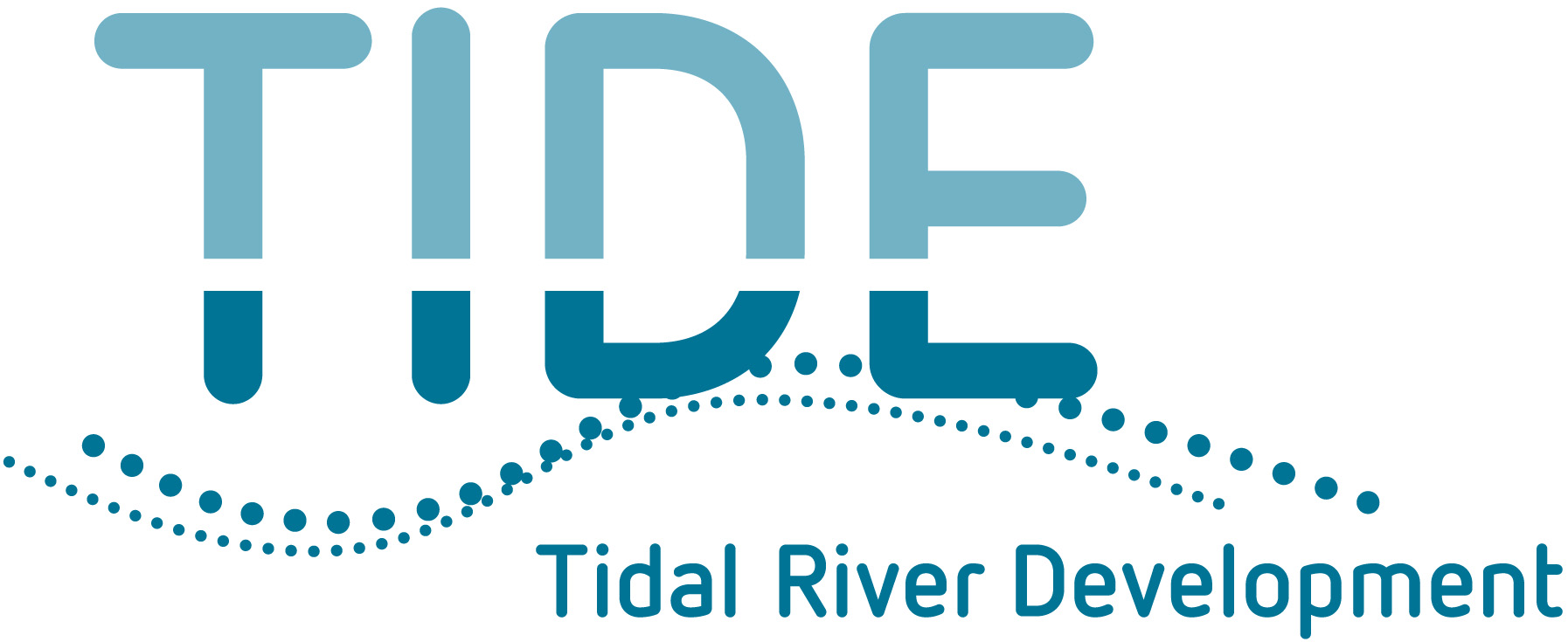
TIDE
s.Pro worked in close cooperation with the Hamburg Port Authority to successfully develop the project application to the Interreg North Sea Region Programme, and supported all project partners by serving as the External Project Coordination Office. In this role, s.Pro provided administrative and financial management as well as communication support for sharing project activities and findings on integrated management measures for sustainable estuary management.

BaltSeaPlan
BaltSea Plan was one of the first major EU initiatives in the field of maritime spatial planning. With 14 partners from seven Baltic countries, the project provided key input into the realization of the EU Maritime Policy, HELCOM Baltic Sea Action Plan and the VASAB Gdańsk Declaration. In close cooperation with the BSH and other relevant national institutions and organisations responsible for MSP, s.Pro developed and applied for a project idea called BaltSeaPlan. s.Pro ran the BaltSeaPlan External Project Coordination Office that supports all project partners in the implementation of the project. More specifically it was responsible for the administrative and financial management as well the communication activities of the overall project.

Plancoast
PlanCoast was an INTERREG IIIB CADSES project with the aim to develop the tools and capacities for an effective integrated planning in coastal zones and maritime areas in the Baltic, Adriatic and Black Sea regions.
Results of the PlanCoast project are summarised in the PlanCoast Handbook on Integrated Maritime Spatial Planning. s.Pro's managing director, Angela Schultz-Zehden, was co-author of this handbook, one of the first-ever handbooks on MSP. It introduces MSP and links it with ICZM as well as with statutory planning processes. It promoted the transboundary approach to MSP through the spread of Geographical Information Systems in order to increase the effects of transnational planning. In close cooperation with the client, s.Pro was responsible for the coordination and management of the overall project development process.
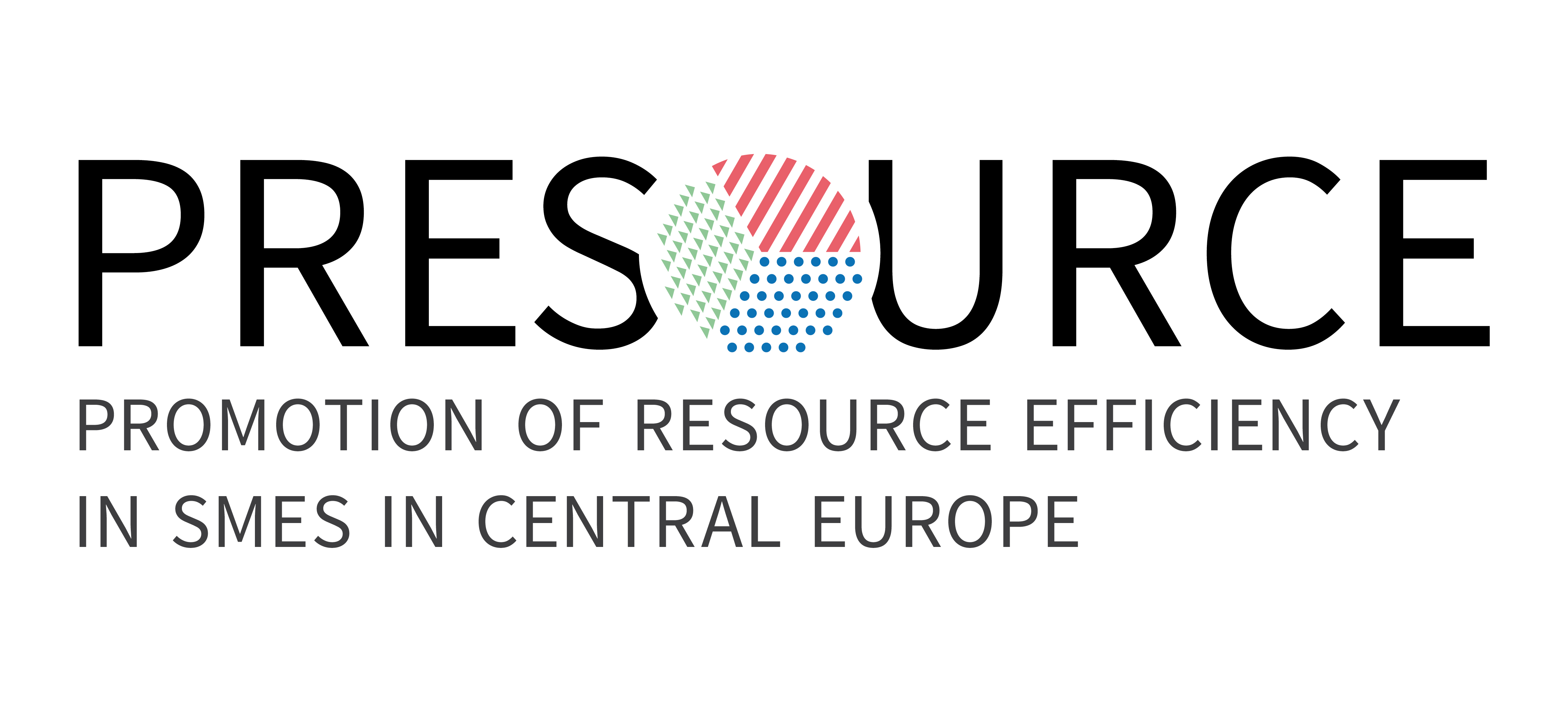
Presource
PRESOURCE aims at increasing RE in SMEs in the production sector in CE by promoting transnational incentives for eco-innovations.
This objective is built on the achievement of the following results:
(a) Improved in-house capacity (managerial and technological): PRESOURCE aims at enabling SMEs in the production sector to identify and exploit within their own organization potential for increasing the RE of the production process and products.
(b) Improved knowledge and mechanisms for risk sharing and for financing eco-innovations in SMEs: PRESOURCE will provide incentives and innovative financing schemes for external and internal investment decisions.
(c) Improved framework conditions: PRESOURCE aims at enabling policy makers, intermediaries and multipliers in CE to respond to the EU Roadmap.
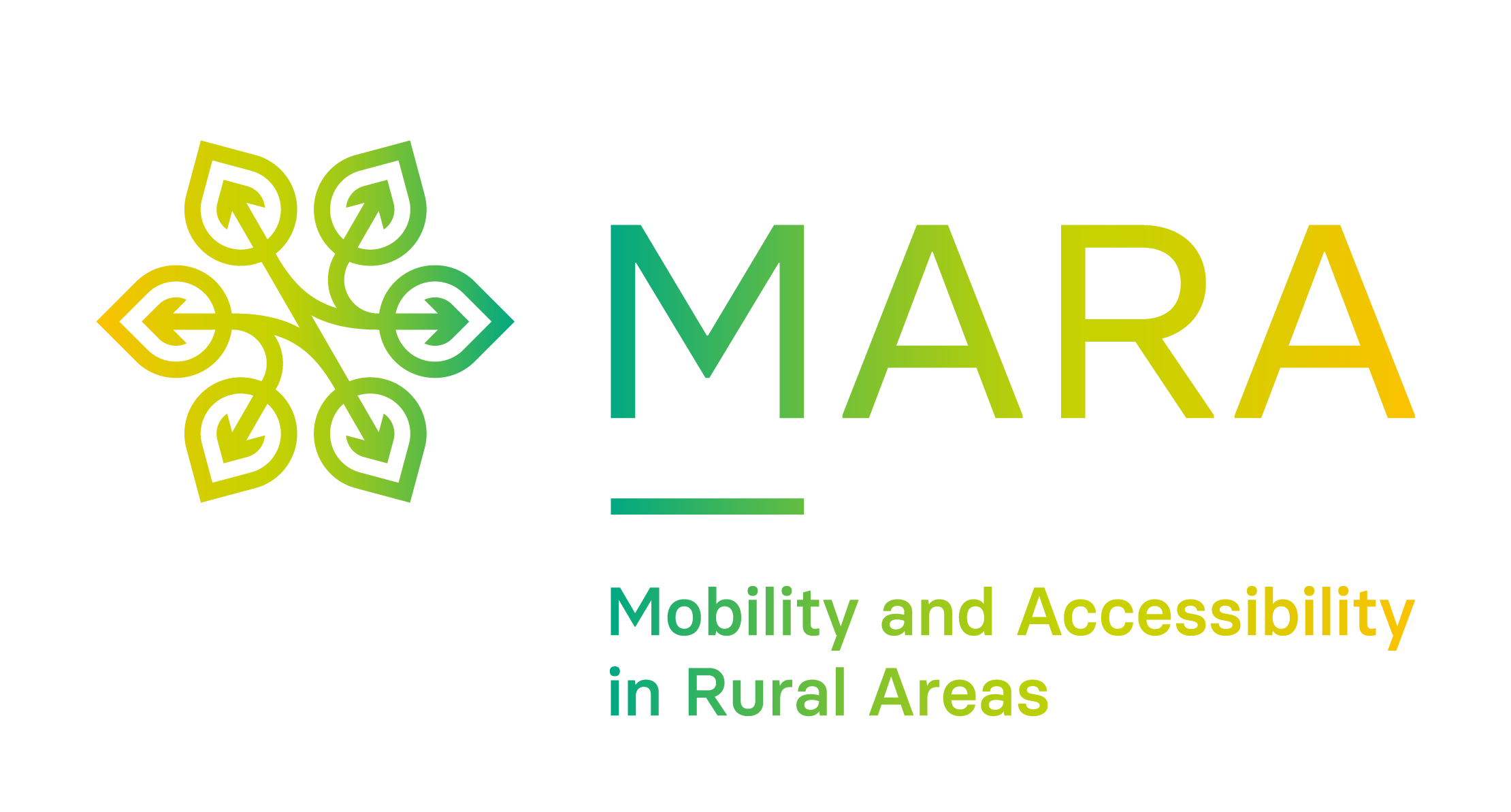
MARA
The MARA project (Interreg Baltic Sea Region programme) aims to improve the accessibility and mobility in touristic remote areas of the Baltic Sea Region by increasing the capacity of transport actors. MARA also aims to crosscheck the actual mobility demand of residents and tourists with current mobility offers. s.Pro successfully coordinated the overall project development process (writing of the application, search for project partners).
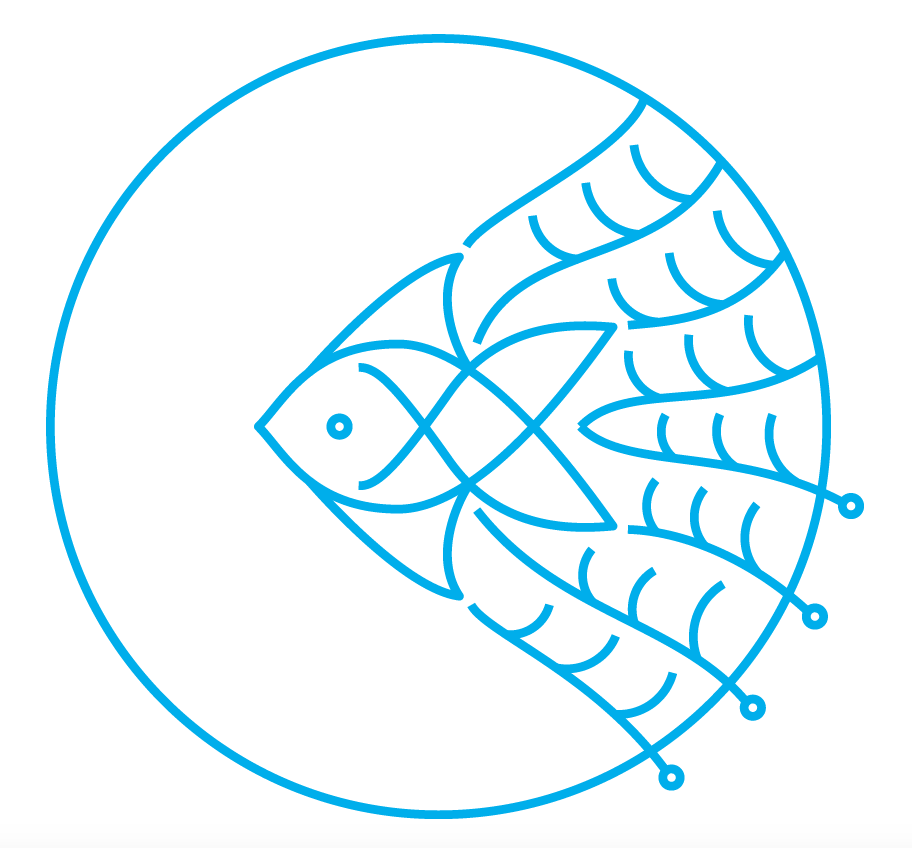
AquaLIT
In line with the new EU Strategy for Plastics in a Circular Economy, AQUA-LIT will provide the aquaculture sector with a toolbox that can showcase existing, under construction and already implemented tools, case studies, best practices, as well as a database that creates links between stakeholders for addressing the three main components of marine littering: prevention and reduction, monitoring and quantification, and removal and recycling. The scope of the toolbox will encompass three sea basins: the Mediterranean Sea, the North Sea and the Baltic Sea basins and it will be accessible through an online platform and a mobile app.
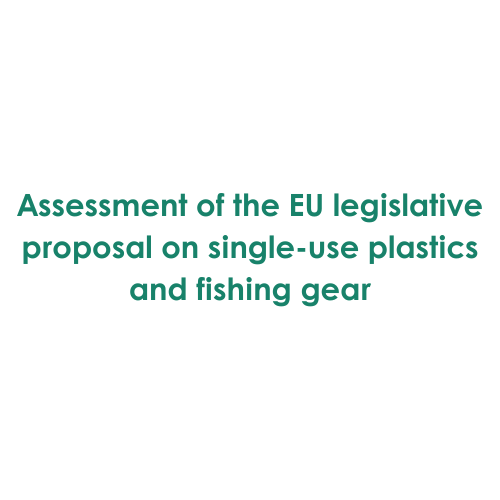
Assessment of the EU legislative proposal on single-use plastics and fishing gear
The first legislative proposal presented in the framework of the EU Plastics Strategy (May 2018), ‘Proposal for a Directive of the European Parliament and of the Council on the reduction of the impact of certain plastic products on the environment” (COM(2018) 340 final), addresses the top 10 litter items most commonly found as waste on European beaches as part of drift line monitoring for the Marine Strategy Framework Directive (2008/56/EC).
s.Pro will work on a new project launched by the Federal Environmental Agency (UBA). The aim of this project is to analyse the legal feasibility of an extended producer responsibility envisioned in the proposed directive. In addition, the technical measures that are suitable for the top litter items from an environmental point of view will be evaluated and some wording suggested.
